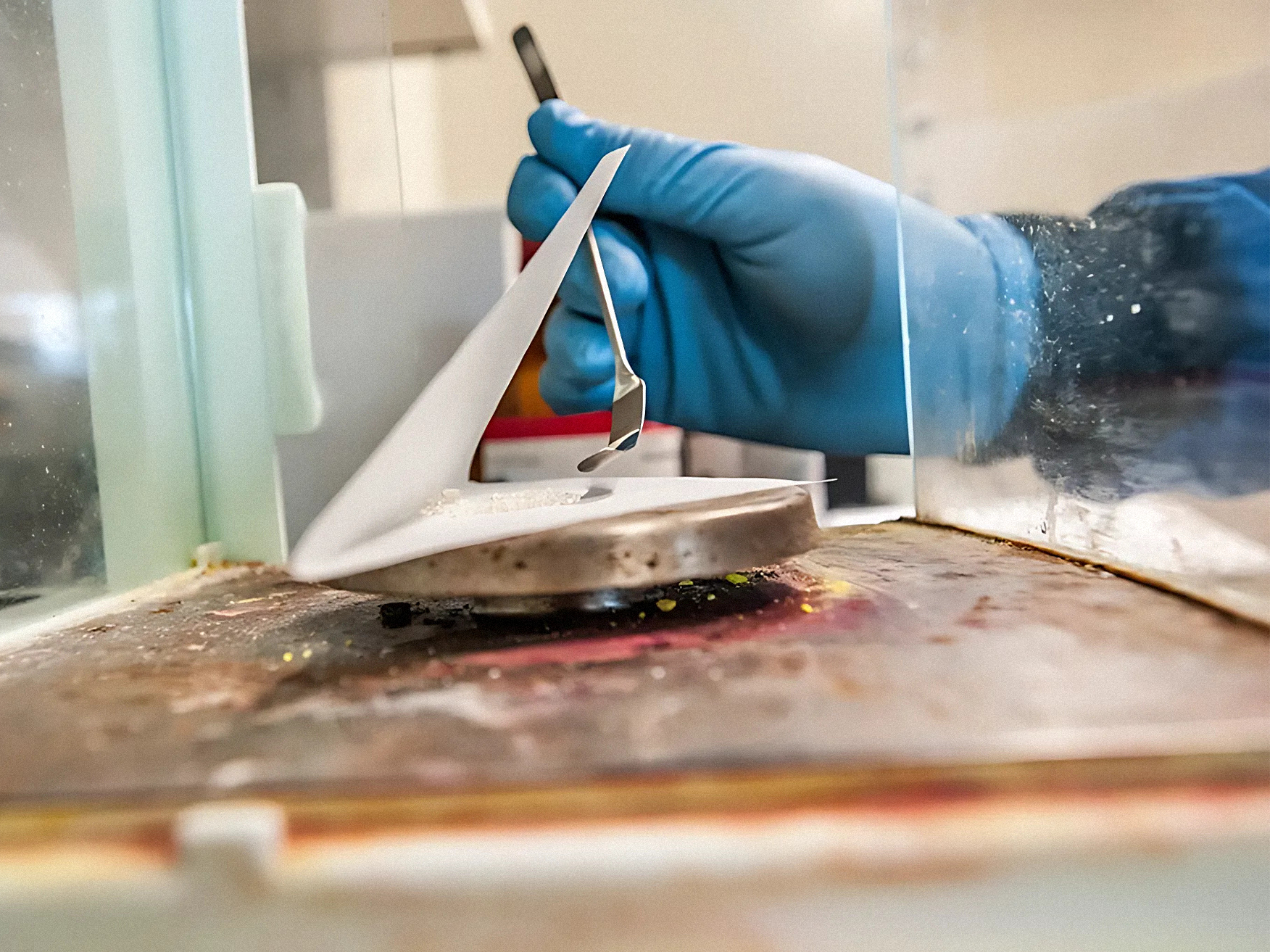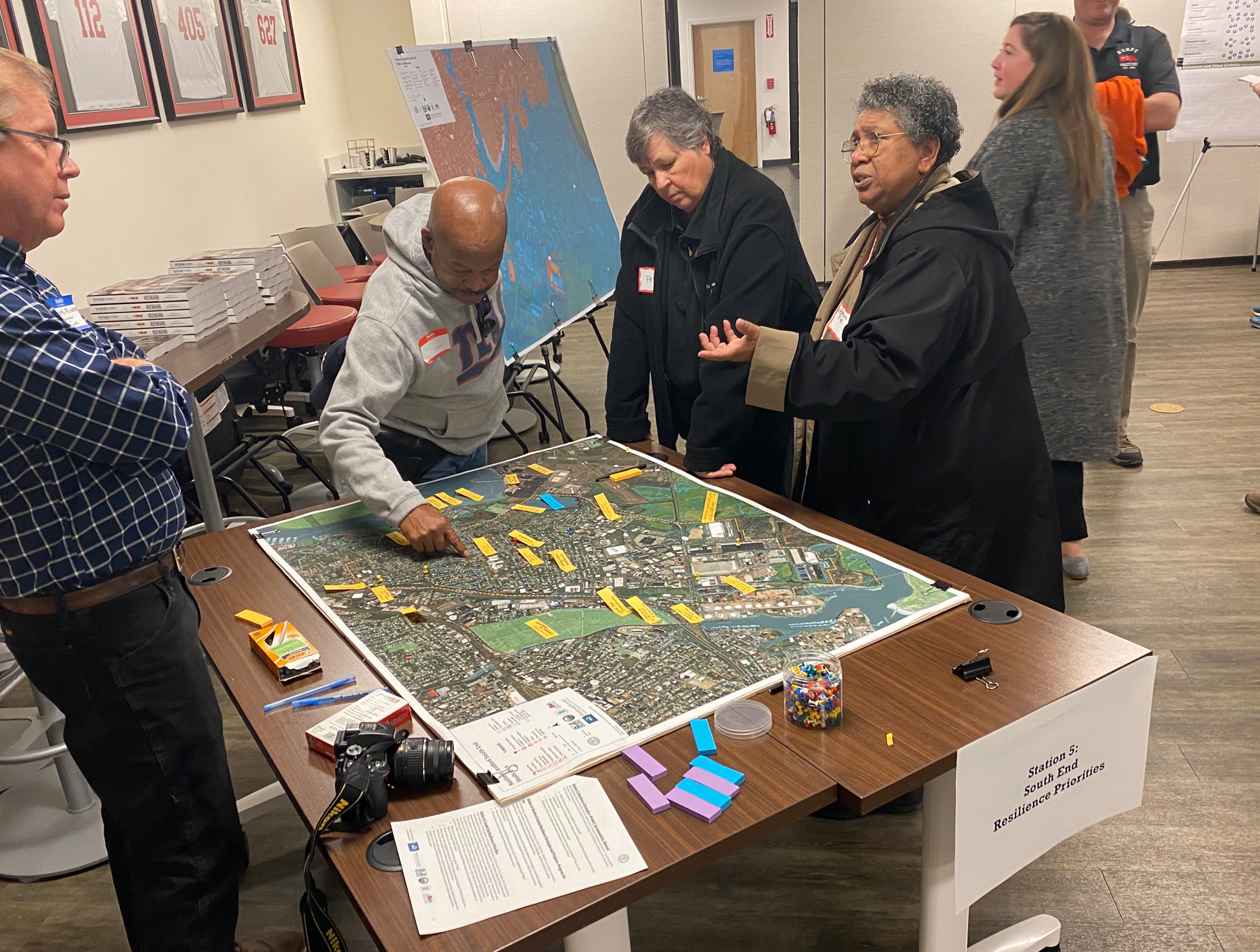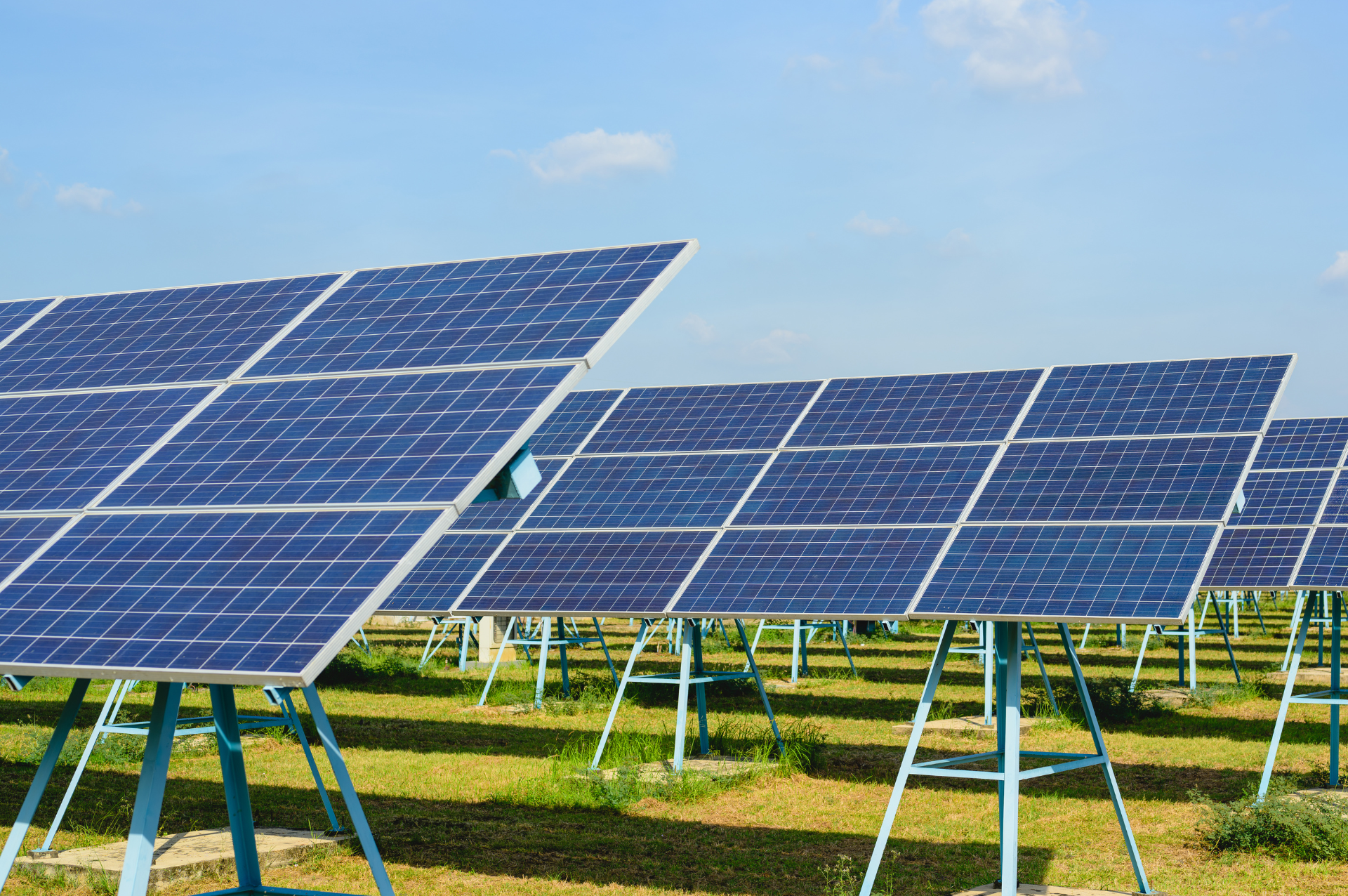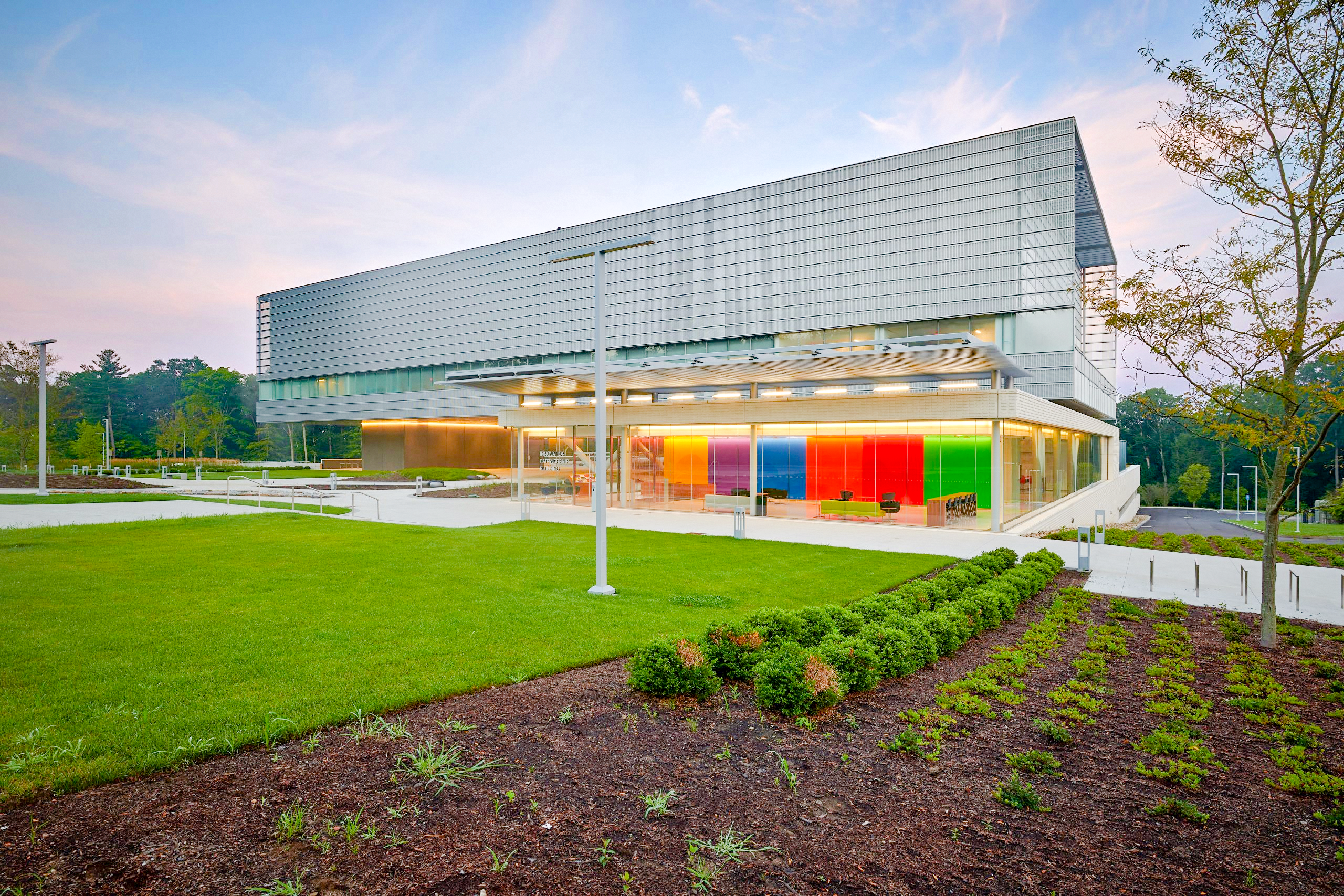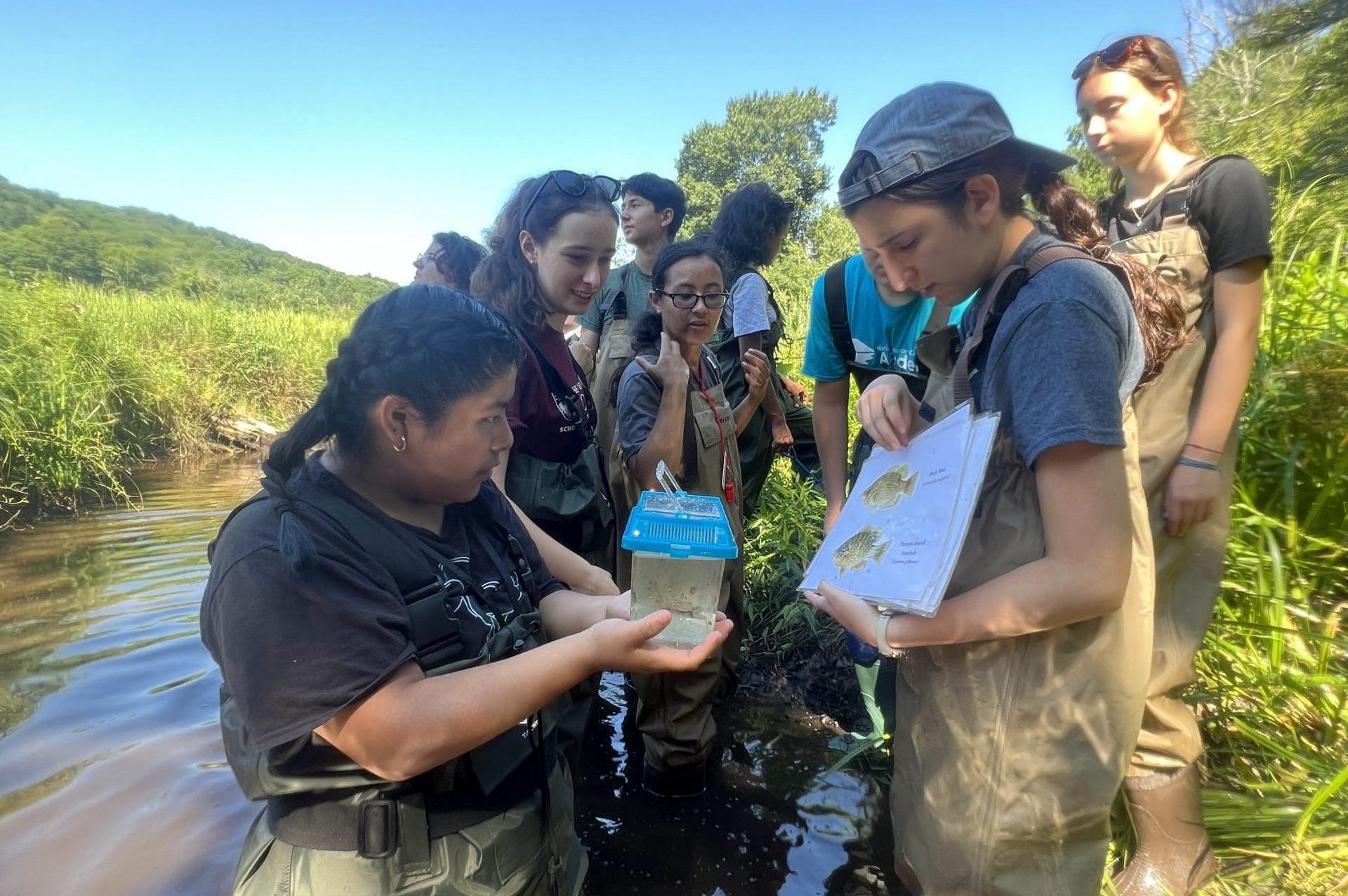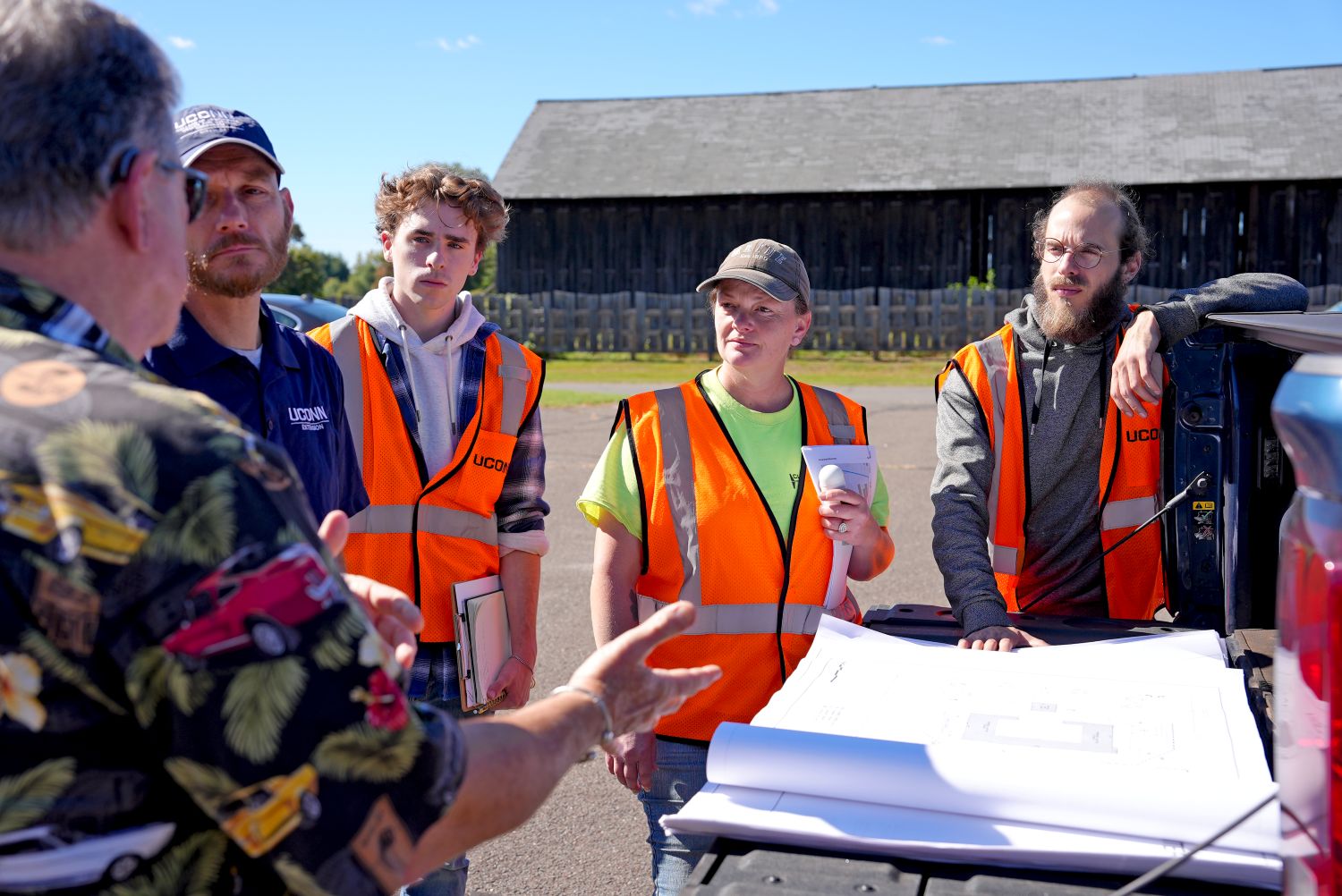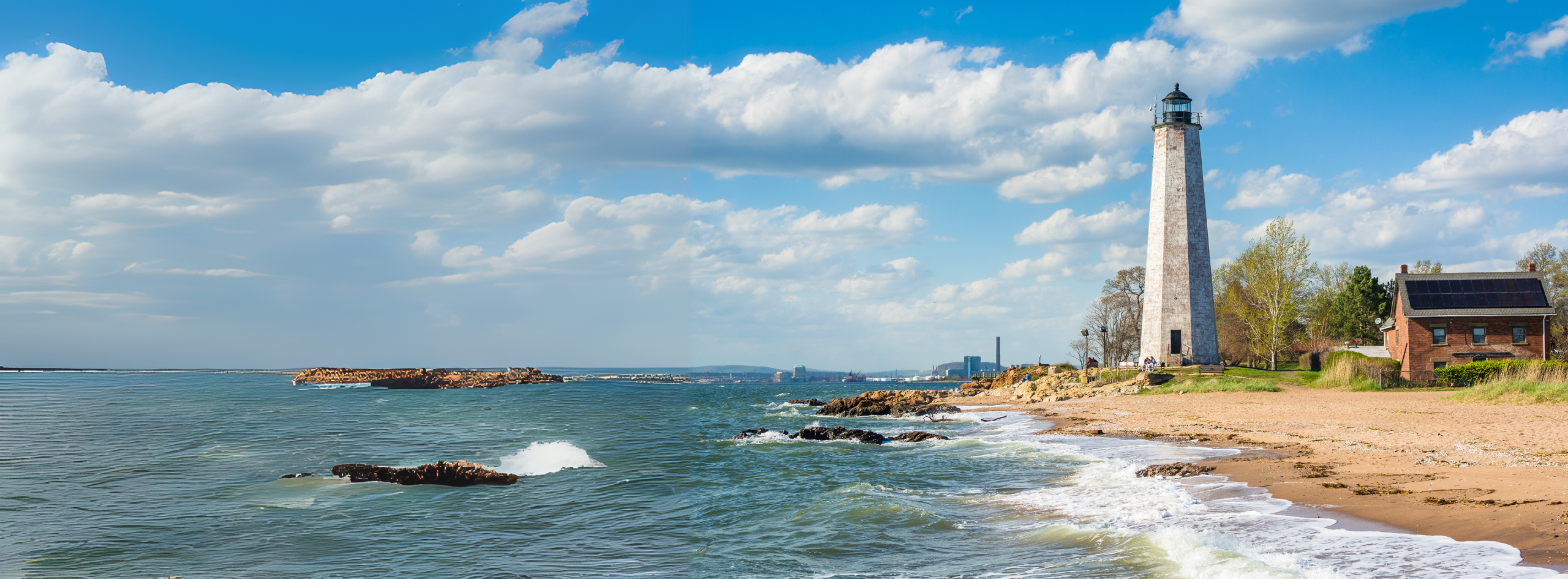
WELCOME TO IoEE
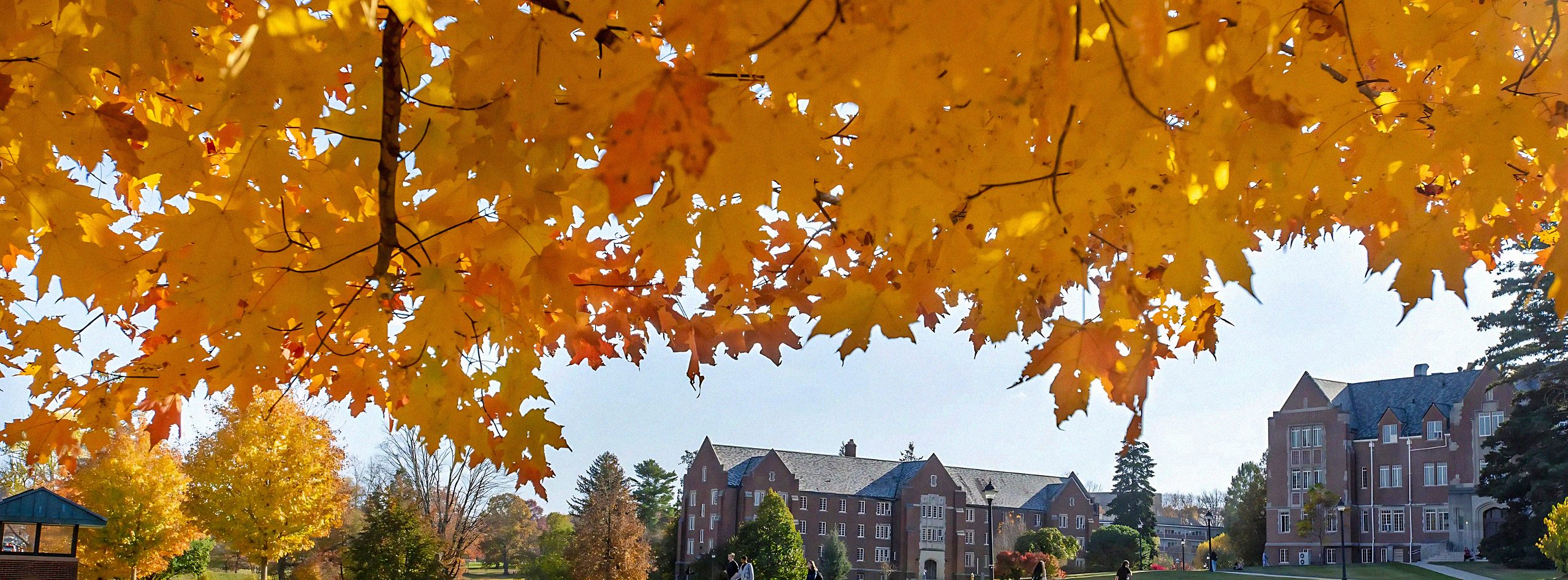
WELCOME TO IoEE
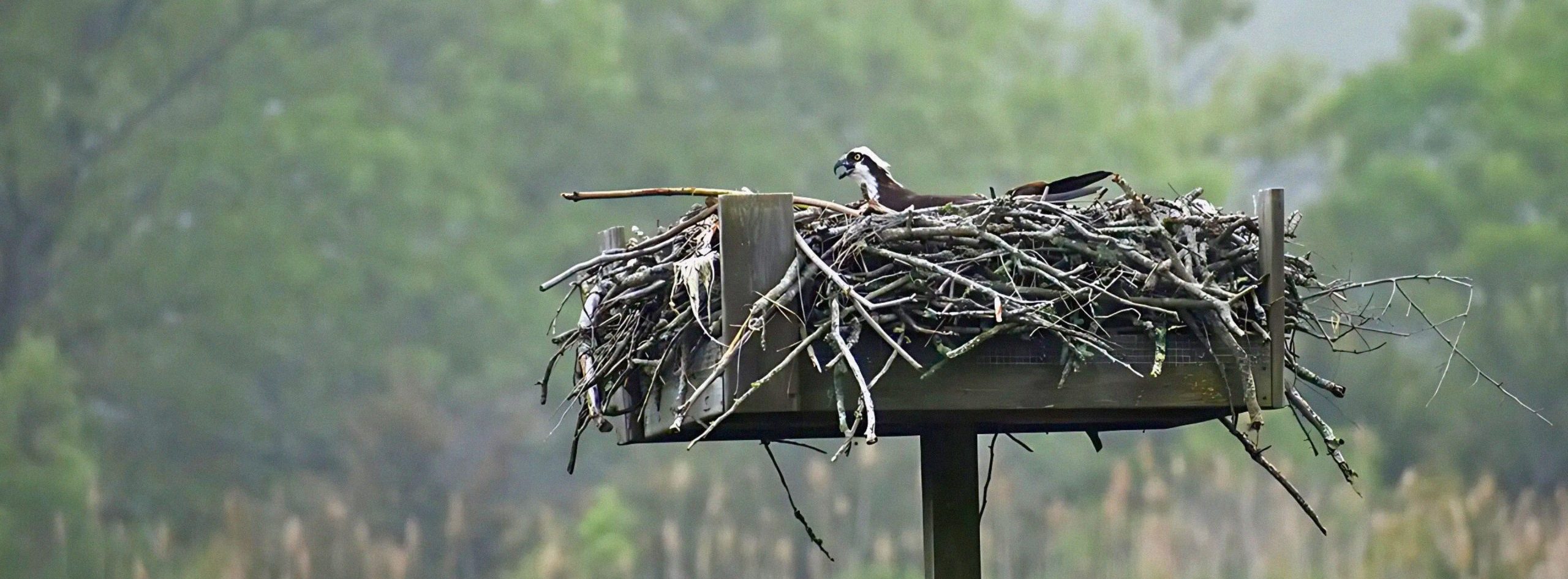
WELCOME TO IoEE
Our Vision
The Institute of Environment and Energy (IoEE) strives to be Connecticut’s premier hub of environmental and energy research, education, and outreach—providing sociotechnical solutions for communities, government, learners, and industry; and enabling society to successfully address the wicked problems associated with resilience, security, sustainability, and affordability.
Our Centers & Team
Our Impact
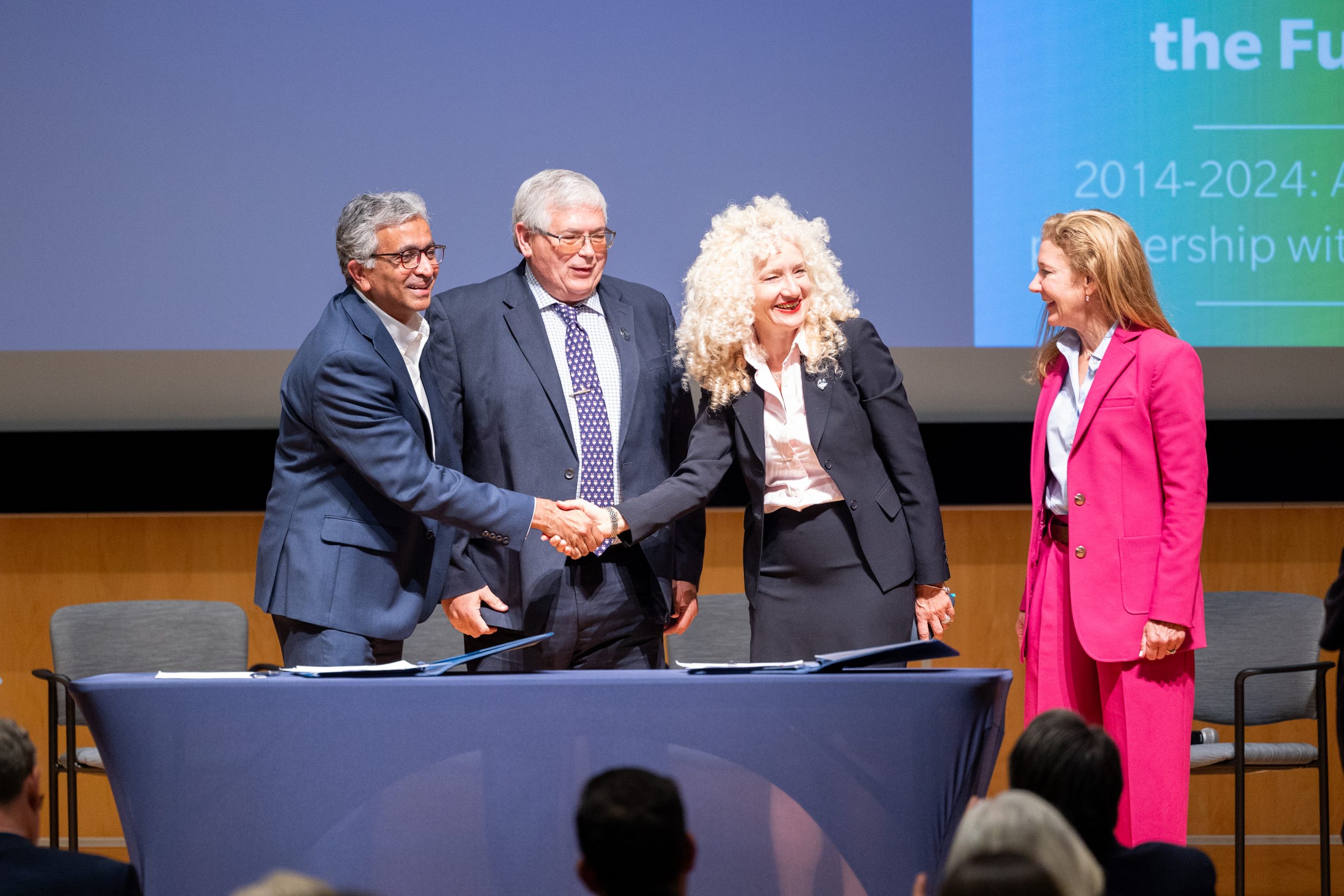
$1234
Awarded in Funding

1,234
Graduate & Undergraduate Students
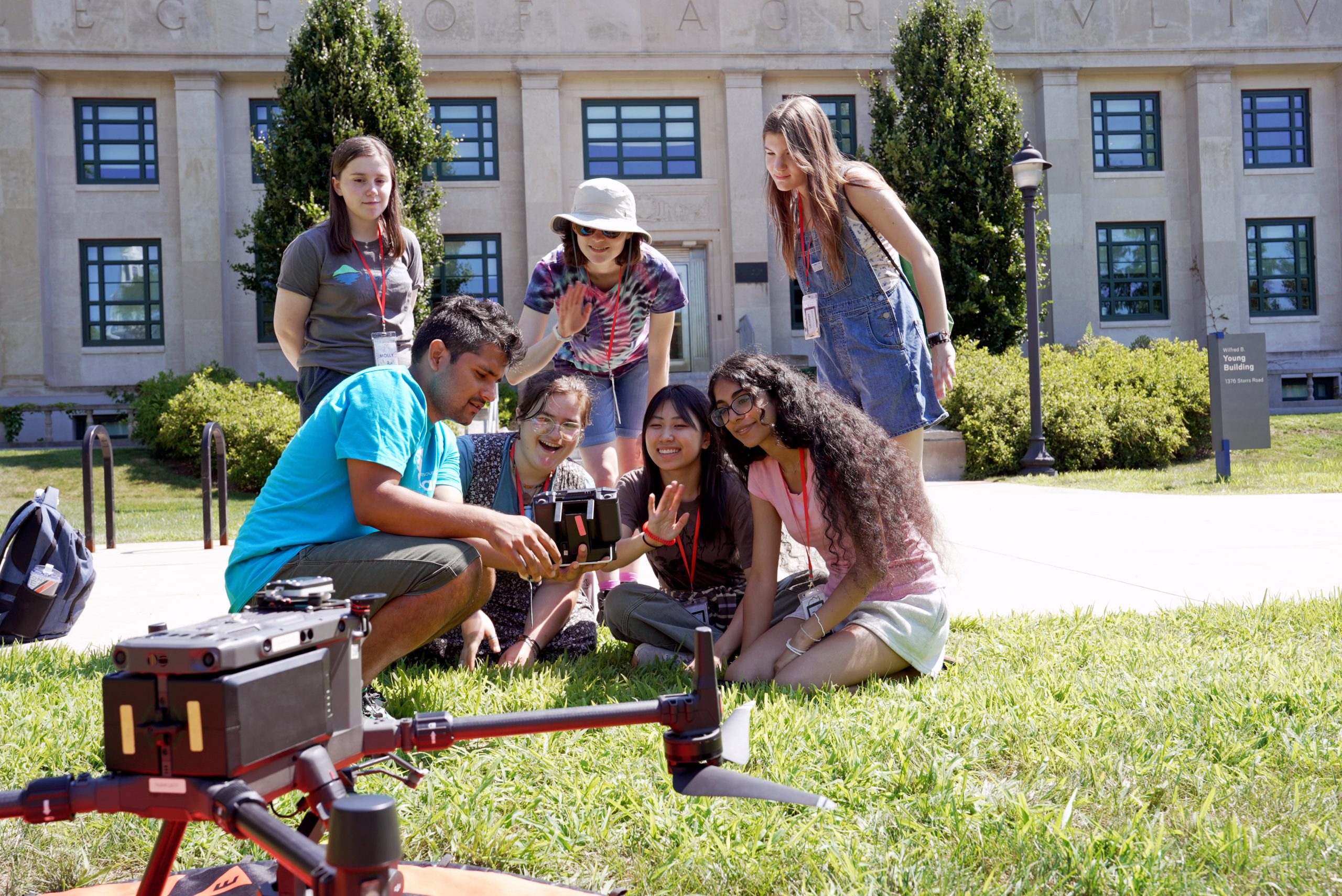
1,234
Educational Engagement Events
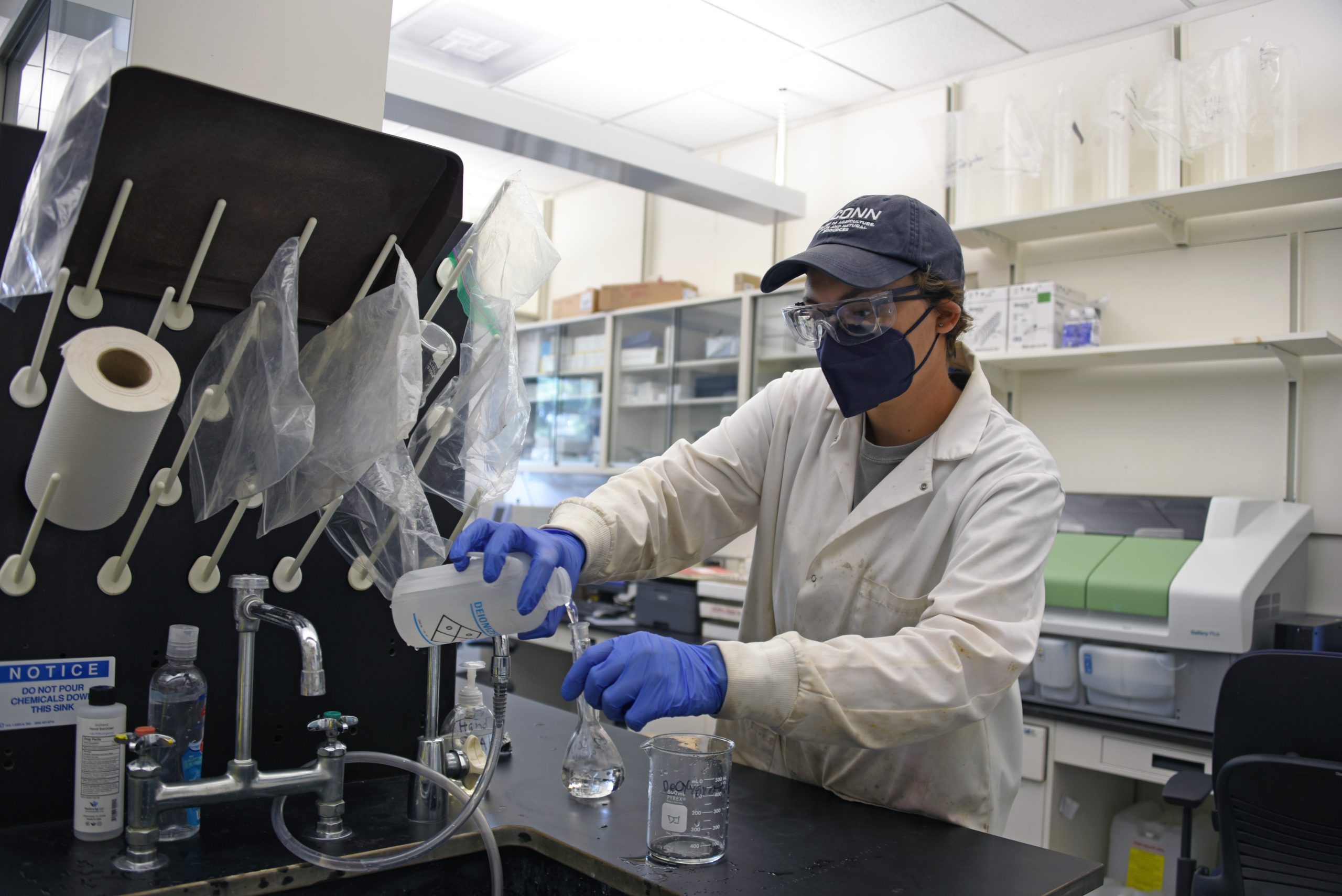
1,234
Research Publications
How We Work

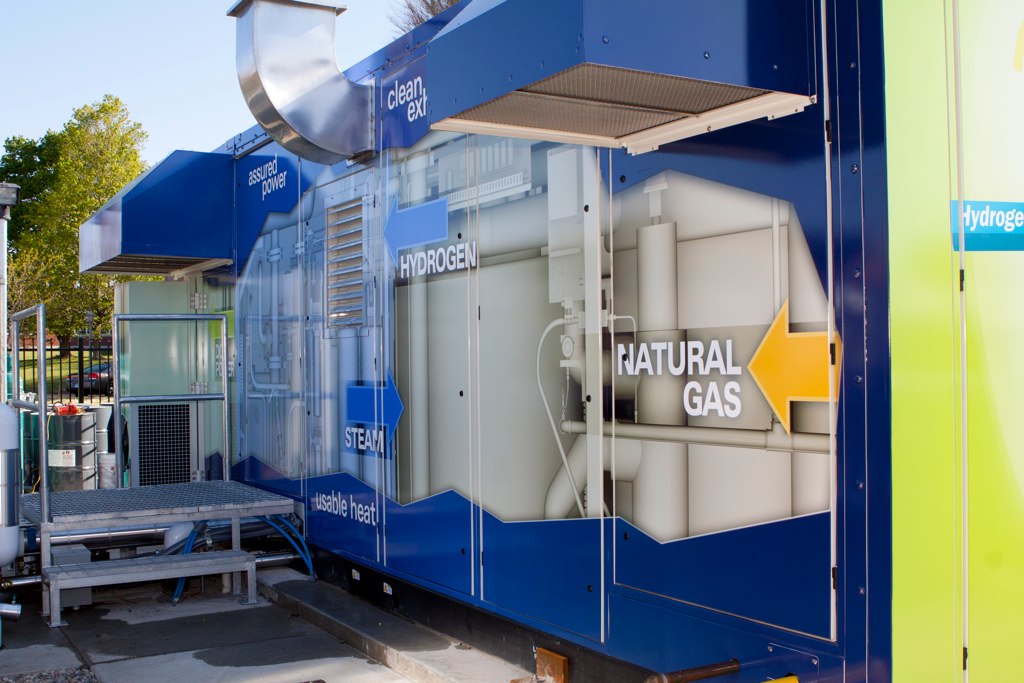
The Institute of the Environment and Energy (IoEE) at UConn brings together the expertise and passion of scientists and scholars across the University to address some of the most pressing challenges and grandest opportunities facing society in the 21st century.
Empowering Solutions for a Sustainable Future.


The work of IoEE starts internally, through collaborations with the University’s operational units to ensure that our institutional commitments to sustainability and green infrastructure are essential values that guide decision-making. Administratively, IoEE currently comprises more than 170 faculty members and includes five administrative units: the Center for Environmental Sciences & Engineering (CESE), the Eversource Energy Center (EEC), the Natural Resources Conservation Academy (NRCA), the New England Thriving Communities Technical Assistance Center (TCTAC), and the Office of Sustainability (OS).


IoEE works to advance foundational understanding and develop innovative solutions to pressing environmental challenges, to prepare the next generation as adept and agile members of a 21st century workforce, and to inform and engage the public about what are arguably the existential issues of our time. Solving environmental problems related to climate change, sustainability, food security, pollution, and species extinction requires an interdisciplinary approach that leverages expertise from diverse disciplines across the natural sciences, social sciences, and humanities. It requires consideration of multiple angles, from biophysical to cultural, and from legal to health perspectives.
-

Despite common assumptions, seaweed farms really shine at removing and storing CO2
-

American pikas are mountain-dwelling canaries in the coalmine for climate change
-
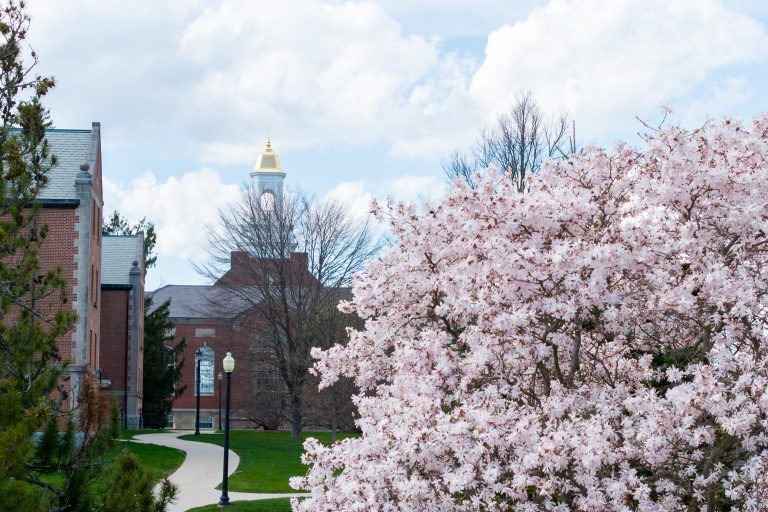
The University committed to advancing Connecticut’s quantum economy and innovation
- category: sustainability
- columns: 3
- pictures: on
- number-of-posts: 3
- read-more-text: Read More
- show-excerpt: on
- safe-fetch: 1
- attempted-request: https://today.uconn.edu/wp-rest/wp/v2/posts?category-name=sustainability&posts_per_page=3&adjacent-posts=true&_embed
